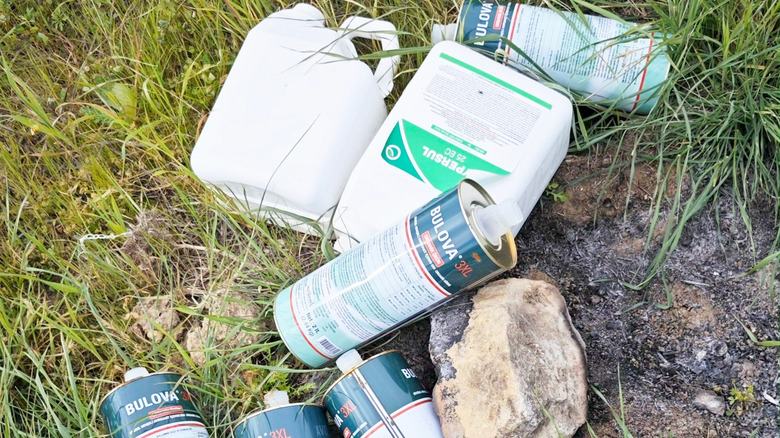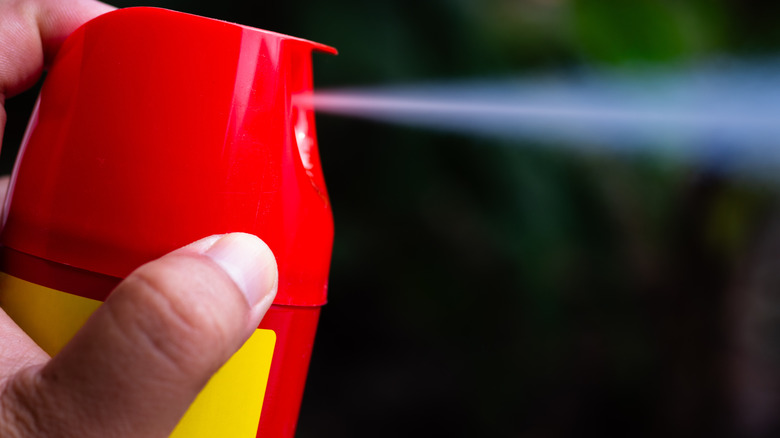How Long Does Pesticide Last After Opening?
Pesticides can come in several forms, such as a spray, pellet, or powder. No matter the form, however, they don't last forever. So, how long does a pesticide last after opening? The exact lifespan depends on the product, active ingredients, manufacturer, and most importantly, how you store it. The actual type of product and its stability matter as well, as a liquid can react differently to temperature than a powder. Most pesticide makers recommend you use their products within two to three years of manufacturing, but once you open a container, the clock starts ticking on its lifespan.
Deterioration begins setting in when pesticides endure exposure to light, heat, moisture, and air. Extreme conditions can dramatically alter a product's effectiveness, especially in products with lower concentrations of the active ingredient. The consistency can also change based on the environmental conditions. For instance, if you store your liquid pesticide in a very cold garage over the winter and temperatures drop below 40 degrees Fahrenheit, the active ingredients can separate. The pesticide may not be as effective anymore. It's for this reason that many pesticides bear manufacturing labels with recommendations on storage conditions. In powder pesticides, the product often forms clumps when exposed to moisture, which makes it harder to mix appropriately for application. The same can occur with granule formulations. All of these changes don't just concern appearance; they actively change how well the pesticide will perform to get rid of ants, or other purposes, like it promises.
Signs your pesticide is past its prime
Because pesticides often don't feature a printed expiration date, it's important you pay attention to how you store your pesticide products and to their appearance to gauge whether they've "gone bad." Consider if there have been any dramatic changes in heat, light, moisture, and cold since you last used the product. Next, assess how it looks, particularly in color, thickness, and smell. Do you notice that the liquid seems to be cloudy or there's a lot of sediment at the bottom of a jug? If in doubt, apply a small amount to test its effectiveness, then see if its performance indicates you should keep it or toss it. You'd hate to start to kill the weeds in your lawn, only to find out that the product didn't work.
If you've determined your pesticide isn't good anymore, don't throw it in the trash. You must always safely dispose of insecticides and herbicides according to local regulations. Check the product label for instructions on how to do so. Never put pesticide containers with your household trash or pour them down the drain, as this may contaminate the waterways during runoff. If you're recycling empties, be sure you rinse any residue thoroughly before placing them in the bin.

